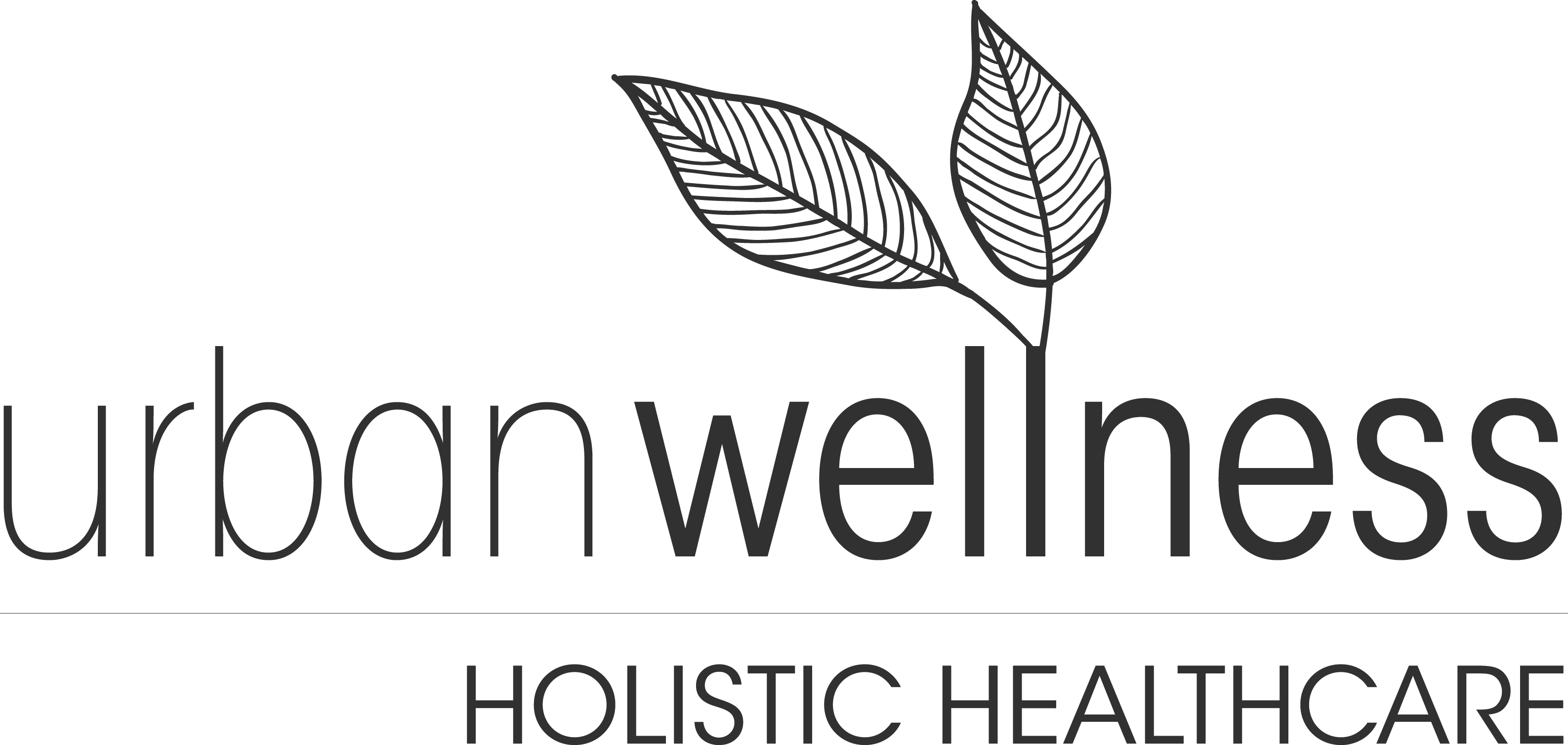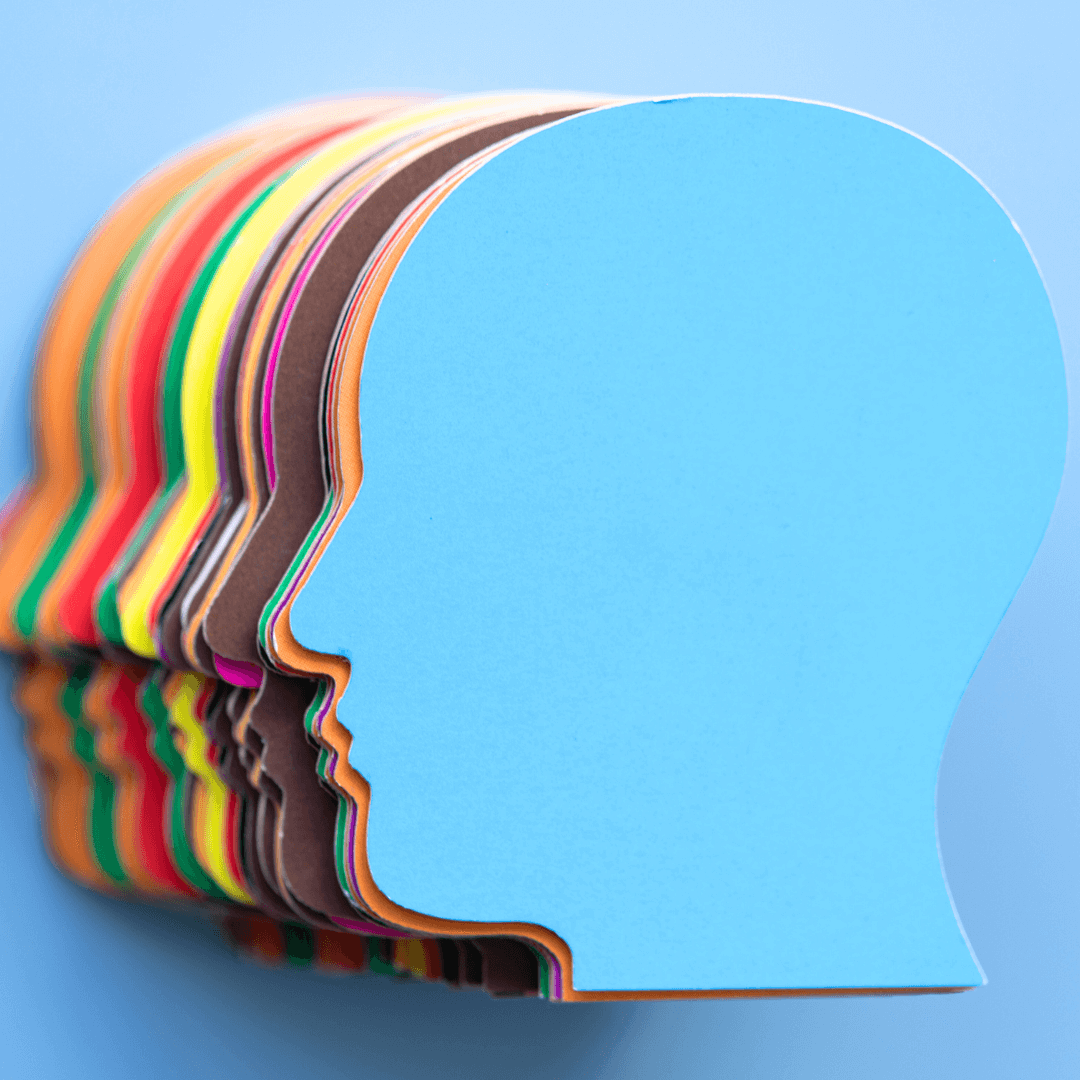May is Mental Health Awareness Month! Helping patients achieve their optimal mental health is a very important part of Dr. Mary’s practice. Addressing mental emotional aspects of mental health as well as offering optimal nutritional recommendations and potential supplementation are all important. In this newsletter, Dr. Mary, ND will discuss some evidence based treatment recommendations for improving your mental health.
Alternate Nostril Breath Breathing Exercise to Calm Anxiety
Benefits:
- Has a calming effect on the nervous system
- Helps to overcome insomnia
- Relaxes and refreshes the body
- Purifies the bloodstream and aerates the lungs
- Soothes headaches
- Improves digestion and appetite
- Helps to free the mind of anxiety and depression
Technique:
- Sit in a comfortable position with your back straight.
- Raise your RIGHT hand and place your ring finger against your LEFT nostril, closing it off.
- Inhale deeply and slowly through the RIGHT nostril to the count of 4.
- Close off the RIGHT nostril with your thumb and hold the breath for a count of 1-4.
- Open the LEFT nostril and exhale to the count of 4-8. The longer you can make the exhalation, the better. Concentrate on completely emptying the lungs.
- Breathe in through that same LEFT nostril to the count of 4.
- Close off the nostril with the ring finger again and hold to the count of 1-4.
- Exhale through the RIGHT nostril to the count of 4-8. This makes up one round.
- Repeat these rounds of alternate nostril breathing five more times, or for up ten minutes if you are concerned about insomnia.
- Practice a ratio of 4:4:8, if at all possible. Increase this to 8:4:8 eventually, then 8:8:8, after some months.
Do’s and Don’ts:
DO practice the Alternate Nostril Breath whenever you need calming – if you are nervous, upset or irritable.
DON’T push yourself with the holding position or by increasing the ratio until you are comfortable doing so.
DON’T make the breathing rhythmic, instead it should be smooth and slow. You can work on making it inaudible eventually.
As an all-around “soother”, the Alternate Nostril Breath is incomparable.
Foods to AVOID When Feeling Anxious:
- Refined and simple sugar (white sugar, honey, fructose, maple syrup, etc). These deplete your body of B vitamins. They also increase hypoglycemia linked to mood swings and depression.
- Heavily processed foods with additives and preservatives – These foods deplete the nutrients needed for proper metabolism.
- Foods high in saturated fats – These fats cause poor circulation to the brain, inhibiting the synthesis of neurotransmitters.
- Simple Carbohydrates – foods high in carbohydrates can lead to fatigue.
- Aspartame, Nutrasweet and all artificial sweeteners – increase Central Nervous System tyrosine and phenylalanine, decreasing tryptophan availability. This leads to a decrease in serotonin levels.
Foods to EAT When Feeling Anxious:
- Foods high in B1 – B1 is essential for energy production, nerve cell function and carbohydrate metabolism. Good sources of B1 include soybeans, brown rice, legumes, sunflower seeds, wholes grains, navy and kidney beans, rolled oats, chick peas and Brewer’s yeast.
- Foods high in B2 – B2 helps your body metabolize protein, fats and carbohydrates. In addition it is involved in the production of red blood cells and the neurotransmitters serotonin, norepinephrine and dopamine. Food sources of B2 include fatty fish(tuna, trout, salmon, mackerel, sardines), bran, leafy green veggies, poultry, almonds and brie, Swiss, and camembert cheeses.
- Foods high in B6 – B6 is important in maintaining hormone balance, immune function and is involved in the formation and use of neurotransmitters, especially serotonin (the “feel-good” chemical) by assisting the conversion of tryptophan to serotonin. Good sources of B6 include Brewer’s yeast, whole grains, bran, avocado, legumes, bananas, seeds, nuts, sweet potatoes, Brussels sprouts and white chicken and turkey meat.
- Foods high in Folate and B12 – Folate & B12 deficiency tend to decrease SAMe levels which is associated with anxiety and depression. Good sources of folate and B12 include Brewer’s yeast, green leafy vegetables, nori, dairy and whole grains.
- Foods high in Vitamin C – Vitamin C increases immune functions and is important to the production of neurotransmitter production. Good sources of Vitamin C can be found in kale, parsley, collard greens, turnips, broccoli, brussels sprouts, red chili peppers, mustard greens, fresh fruits including kiwi, strawberries and citrus of all kinds.
- Foods high in Amino Acids –Tryptophan is a precursor to serotonin and melatonin. Tyrosine is a precursor to norepinephine and may stimulate thyroid hormone synthesis. Good sources of foods rich in amino acids include eggs, dairy and meats. Choose organic and minimally processed.
- Essential Fatty Acids (EFA)– Numerous studies have found that low levels of essential fatty acids can lead to anxiety and depression.
Here is a recipe you might find helpful, my Adrenal Recovery Soup:
Adrenal Recovery Soup
- 16 oz green beans
- 1 c chopped celery
- 1 zucchini sliced
- 1 medium onion chopped
- 1 c tomato juice
- 1 c spring water
- 2 tbsp raw honey
- 1 tsp paprika
- 1 c chicken broth
- Pepper to taste
Simply combine all ingredients and simmer for one hour.
More Tips
- Eat regularly – Sometimes it’s difficult to eat when anxious. However, starving the body of food can increase anxiety. Consider purchasing protein powder and mix up a smoothie if you just can’t eat or eat easily prepared foods like nuts or soups.
- Buy organic whenever possible to decrease exposure to harmful herbicides, pesticides and other contaminants.
- Drink plenty of water each day – at least 8 full 8 oz glasses or more. Water is essential for energy and brain / body functioning.
- Create a relaxed atmosphere to eat in. Stress decreases our body’s ability to metabolize our food.
- Pay attention to how you feel after eating. If you feel tired, fatigued, confused or notice other symptoms, you may have a food sensitivity or allergy.
Potential Supplementation – always under the advice of your trusted health care provider!
-
- Adrenal adaptogens – such as eleutherococcus, rhodiola, ashwagandha can help with cortisol regulation
- Gamma-aminobutyric acid (GABA) – is the most important inhibitory neurotransmitter in the brain. GABA regulates brain excitability and induces relaxation.
- Serotonin regulators – such as 5 HTP can also help to calm an anxious mind
- L Theanine – induces alpha brain wave production, helping us to feel calm and focus
- Lavender – as an essential oil or supplementation has great evidence for relaxation and calming
If you’d like more information, book an appointment so we can discuss!
I am accepting new patients and am happy to book a free discovery call so we can determine if we are the right fit!

